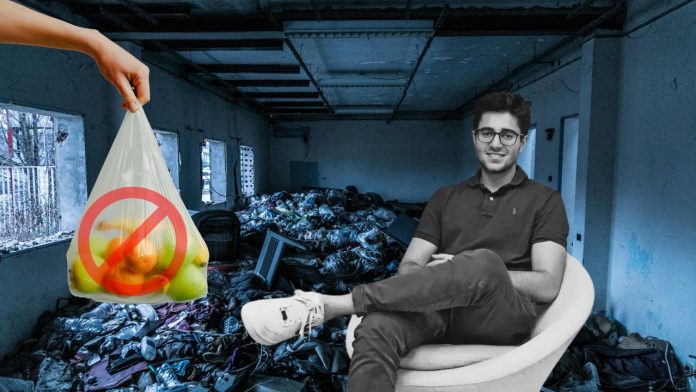In the race to capture customer attention, many D2C (Direct-to-Consumer) platforms and brands rely heavily on sampling. The idea is simple: offer customers a taste of your product, and hopefully, they’ll convert into loyal buyers. While this strategy may appear effective on paper, it comes with a hidden and devastating cost—the environment.
A recent post by Soumya Parmar sheds light on this issue. Sharing her experience with Zepto, she wrote: “This is my third box of Fantastic 2025 full of single-use plastic that you have sent with our order.”
Continue Exploring: Suba Group of Hotels Debuts in Ludhiana with Click Hotel Kohinoor
The concern stems not just from the frequency of receiving these sample boxes but from the sheer amount of waste they generate. Soumya suggests potential solutions, such as limiting one sample box per customer ID or providing clearer opt-out options. Despite opting out herself, she still received the samples, highlighting a gap in execution.
Single-Use Plastic Overload
Beyond excessive packaging, there’s the issue of the type of materials used. Most of these samples come in sachets or multi-layered plastic packaging, which, as Soumya points out, are “a nightmare for recyclers to recycle.” She rightly questions:
“How are you thinking about recycling this? Or offsetting this?”
The scale of operations for companies like Zepto amplifies the problem. Imagine millions of these sample boxes being distributed across the country, most of them ending up in landfills. Without a plan for sustainable packaging or recycling, the environmental cost is staggering.
Continue Exploring: Limelight Diamonds Expands with New Chennai Store, Eyes Growth in Lab-Grown Diamond Market





